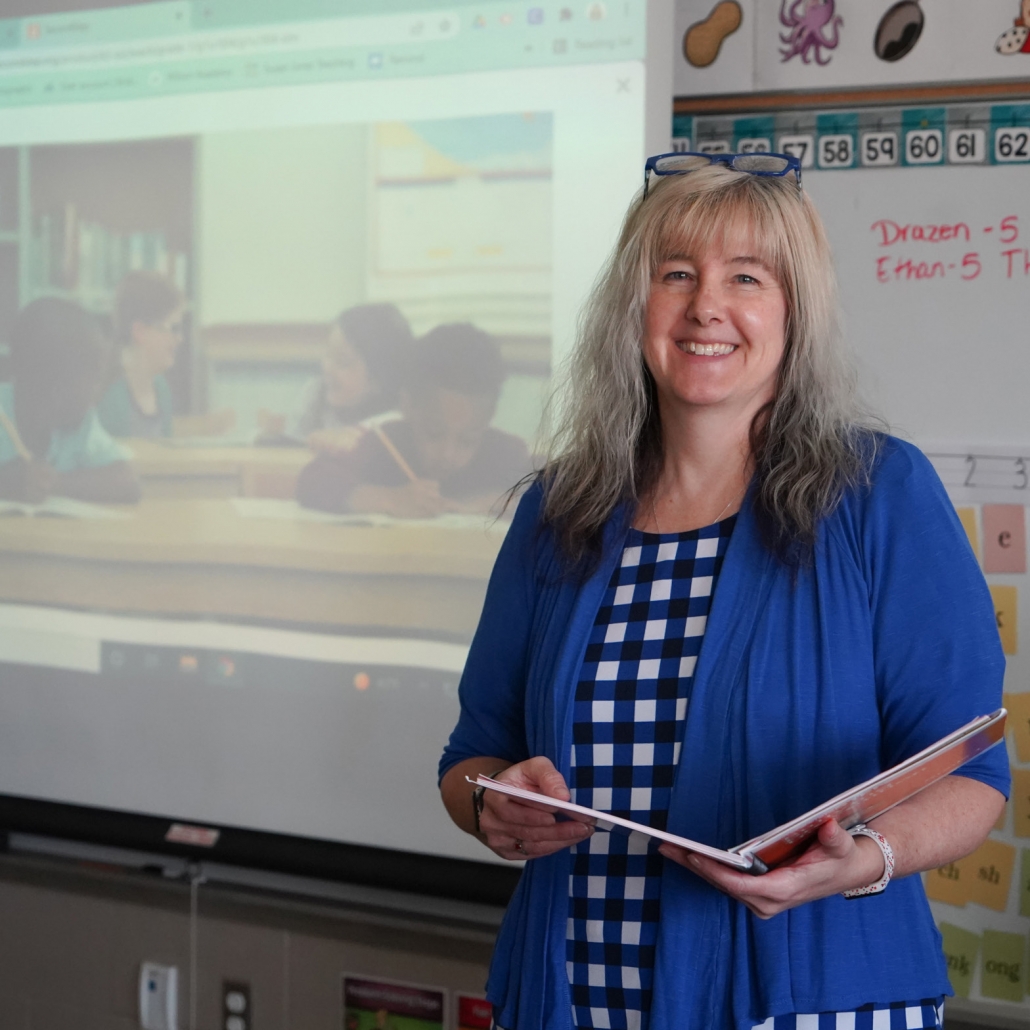ECHO
Empowering Children with Hope and Opportunity

Empowering Children with Hope and Opportunity

ECHO (Empowering Children with Hope and Opportunity) is a comprehensive counseling and social emotional learning program designed to remove non-academic barriers to learning for students in grades K-12. The University of Dayton developed this model for area Catholic schools, and CSSMV is partnering with UD to use the model in rural public schools.
ECHO includes a social and emotional learning curriculum, in-school counseling sessions for referred students, professional development for teachers, and case management services for at-risk families.
We are currently providing ECHO school-based counseling in two public school districts in Shelby County — Hardin-Houston and Russia Schools. We are also exploring the possibility of expanding the services to other area schools.
In 2024, CSSMV staff presented Second Step education to 455 students, and CSSMV counselors provided one-on-one counseling to 70 students of varying ages at the schools during the day.
“The ECHO program enables us to teach students necessary skills that will impact them all through life,” said Erin Meyer, Northern Office Assistant Director. “These skills include listening, empathy, emotion management, and problem solving. In addition, we are providing mental health counseling for students who need extra support.”
Students must be enrolled at one of our participating school districts to access our ECHO program services.
If your rural public school district within Shelby, Miami, Darke, Preble, Mercer or Auglaize County (Ohio) would be interested in learning more about having our ECHO program in your schools, please contact CSSMV Northern Counties Assistant Director Erin Meyer at 937.498.4593 ext.1176.
Our ECHO team is headquartered at our Northern Counties Office:
100 S. Main Avenue, Suite 101
Sidney, Ohio 45365

Press Release CATHOLIC SOCIAL SERVICES OF THE MIAMI VALLEY ANNOUNCES CEO LAURA ROESCH TO STEP DOWN AFTER 16 YEARS OF LEADERSHIP DAYTON, OH – December 15, 2025 – A well-known community leader is transitioning to a new role. Laura J. Roesch has announced her resignation from her position as Chief Executive Officer of Catholic Social […]
